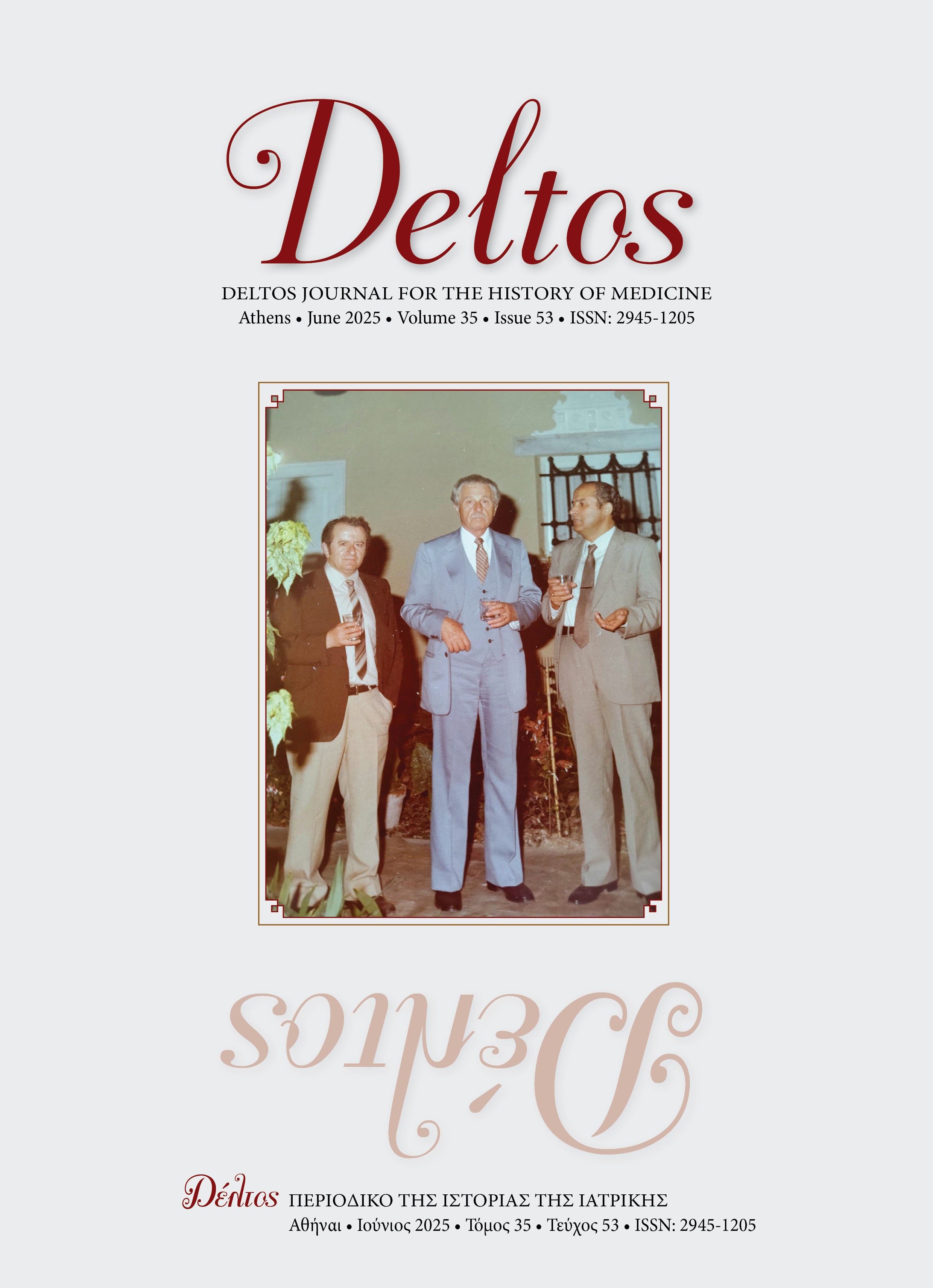The Interplay Between Philosophy and Medicine: Plato and Aristotle

Abstract
This paper explores the convergence of philosophy and medicine in Ancient Greece, focusing on the influences of Plato and Aristotle on medical thought and practice. Rooted in the socio-economic transformations of the fifth-century BCE Athenian “golden age”, this period marked a transition from mythological explanations of health to empirical, observationbased medicine. Socrates’ personae, as portrayed by Plato, played a role in shifting thought from speculative ideas to rational inquiry, laying a foundation for the Hippocratic Corpus. The study examines how Hippocratic principles shaped both Plato’s and Aristotle’s philosophical frameworks, focusing on the empirical and ethical principles these thinkers integrated into their understanding of health and the human body.
Using literature review, textual analysis, and comparative evaluation, this paper highlights the philosophical overlap in medical thought across Plato and Aristotle and how their thoughts still influence current medical practice. For Plato, medicine served as an ethical and practical science grounded in rational inquiry, and his works such as Gorgias and Phaedrus reflect the view that medicine, like philosophy, seeks truth and moral purpose. He advocated for medicine as a “perfect art”, valuing both individual health and the ethical governance of society. Aristotle, influenced by his medical lineage, advanced a more empirical approach, distinguishing between types of bodily motion and introducing early anatomical classification in his studies of homogeneous and heterogeneous body parts. He emphasised that medicine must aim at human flourishing (eudaimonia) through balanced, adaptable care, with compassion and ethical responsibility central to medical practice.
This paper argues that Hippocratic ideas on natural causation, observation, and patient-centred ethics significantly shaped both philosophers. Their works established fundamental principles for Western medicine, bridging empirical observation with moral philosophy and creating a framework within which modern medicine continues to operate, grounded in scientific inquiry, ethical integrity, patient autonomy and holistic care.
Article Details
- How to Cite
-
Konstantinou, K. (2025). The Interplay Between Philosophy and Medicine: Plato and Aristotle. DELTOS, 35(53), 33–38. https://doi.org/10.12681/dj.42270
- Issue
- Vol. 35 No. 53 (2025)
- Section
- Research Papers

This work is licensed under a Creative Commons Attribution-NonCommercial 4.0 International License.


